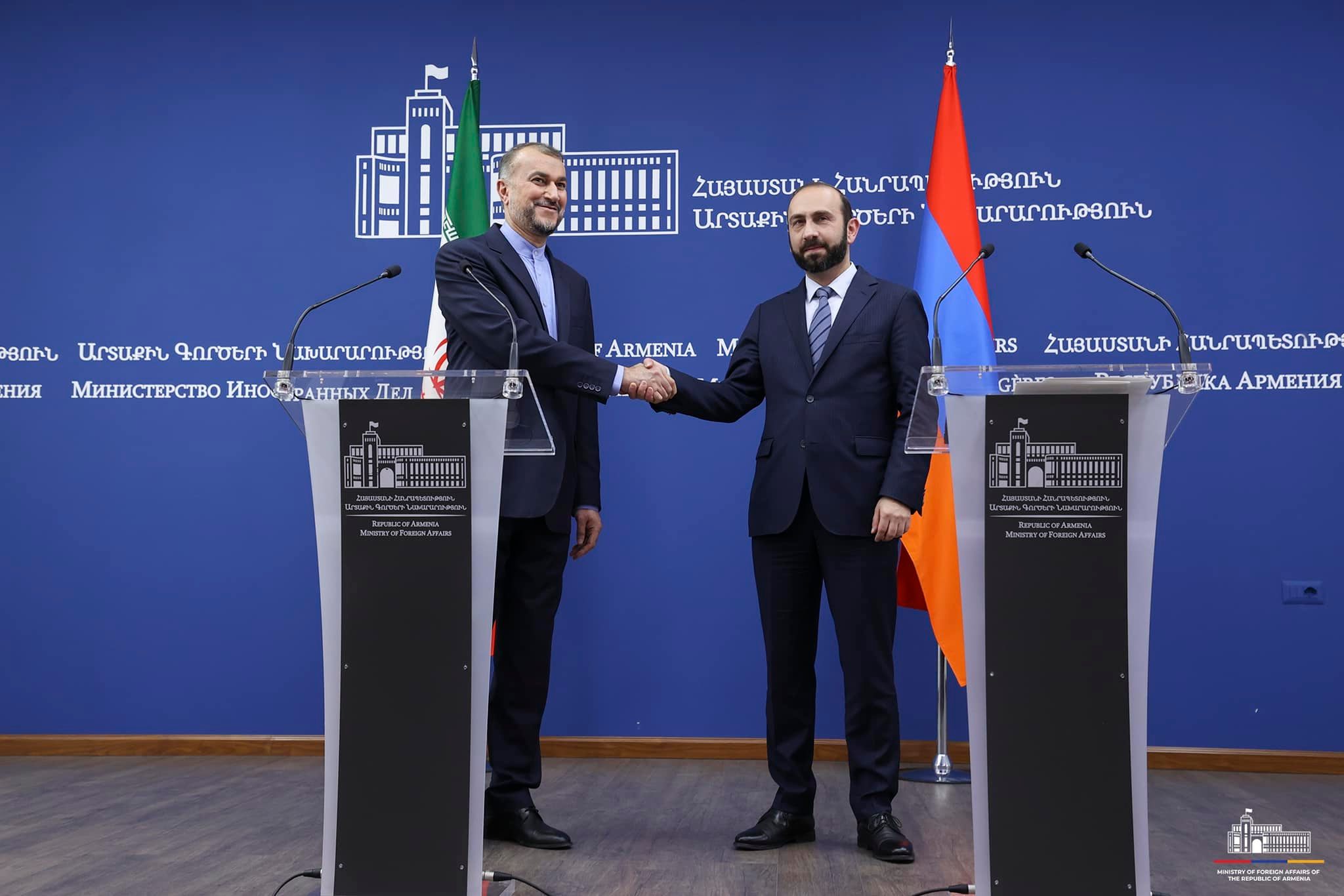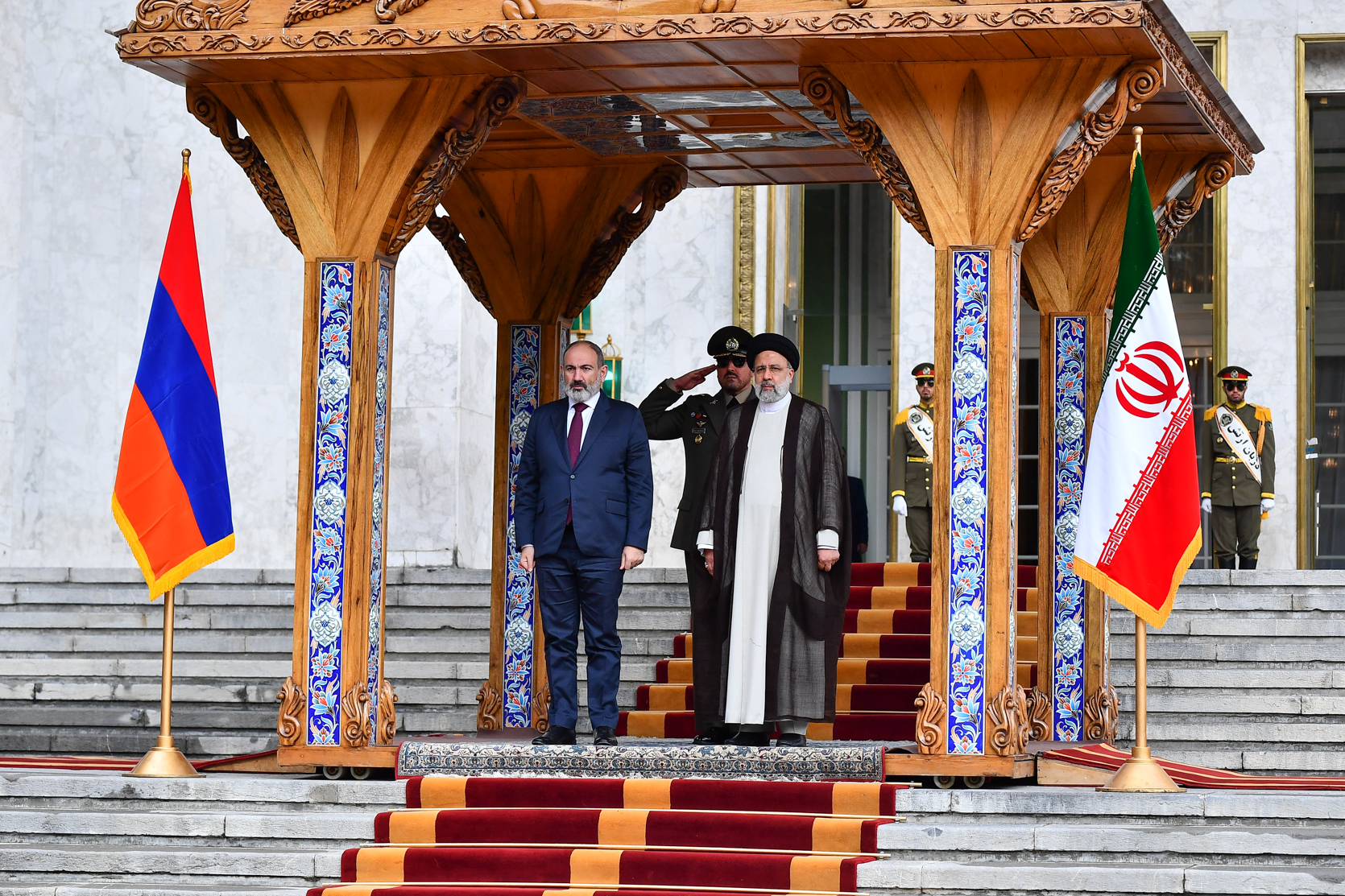Will the death of Iran's president lead to turmoil? Views from Yerevan
Consequences of Raisi’s death
Following the death of Iran‘s president, foreign minister, and other high-ranking officials, Armenian experts are debating whether Tehran’s policies might change. Local analysts are discussing how the developments in Iran could affect Armenia and the broader regional situation, as well as how Azerbaijan might exploit the situation.
Some political scientists believe that Iran might become more preoccupied with its internal issues, which could lead to breaches of the “red lines” Tehran has established in the region. These include the “inviolability of Armenia‘s borders,” repeatedly asserted by Iranian authorities, and their stance on the so-called “Zangezur Corridor” through Armenian territory. However, other Armenian experts do not share their colleagues’ concerns and do not anticipate increased activity from Baku.
Meanwhile, Iran specialists emphasize that Raisi’s presidency marked a period of deepening Armenian-Iranian relations and closer cooperation in many areas. They note that Raisi worked to ensure regional peace and publicly declared the “alignment of interests” between Armenia and Iran.
- Iran’s new hardline president – what to expect in the Caucasus
- Iranian consulate opened on southern border of Armenia, in city of Kapan
- Opinion: “Cooperation between Armenia and Iran in the military sphere is unlikely”
Helicopter crash and information on Raisi’s possible visit to Yerevan
Iranian president Ebrahim Raisi and foreign minister Hossein Amir-Abdollahian died in a helicopter crash. The delegation was returning from Azerbaijan, where Raisi, along with the Azerbaijani president, participated in the opening ceremony of a joint dam on the Aras River.
Iranian state television reported that the helicopter crashed due to adverse weather conditions. However, other theories, including conspiracy-related ones, are circulating on social media, speculating on which countries or forces might have opposed Raisi.
Some Armenian Telegram channels reported that after the tragic incident, information surfaced that the Iranian president was scheduled to visit Armenia, specifically the Syunik region bordering Iran, where the opening of the “North-South” road was planned. However, the visit was canceled at the last moment for unknown reasons. The Armenian Ministry of Foreign Affairs neither confirmed nor denied this information.
The prime minister of Armenia, the president, the ministers of Foreign Affairs and Defense, and the speaker of Parliament expressed their condolences over the death of the Iranian president and his entourage.
A mourning ceremony took place in Tabriz on May 21. The mourning period will last five days, with events planned on May 22 and 23 in Tehran and other Iranian cities. There is no information yet on whether the Armenian prime minister and foreign minister will attend the mourning events.
Analysts’ opinions
Commentary by national security expert Hrachya Arzumanian
“Iran has successfully implemented a strategy that combines diplomacy and the use of force. The Islamic Revolutionary Guard Corps (IRGC) formed the power component of the country’s policy, while the Ministry of Foreign Affairs handled the diplomatic aspect.
This incident has decapitated that policy, leaving Iran paralyzed. Regardless of who ‘planted this bomb,’ the region is in for a tumultuous period. Armenia must be prepared for this.
For proponents of Pan-Turkism, this is a significant triumph. Iran has been a major barrier to the widespread dissemination of Pan-Turkist ideology in the Middle East and Central Asia.
Armenia must brace itself for increased pressure in this direction.
Arzumanyan refers to the ‘Zangezur Corridor’—a road that Azerbaijan demands through Armenian territory to connect with its Nakhchivan exclave. Nakhchivan borders Turkey, which would simplify Ankara’s access not only to Azerbaijan but also to the Turkic-speaking countries of Central Asia. Essentially, this road is seen as a ‘Turkic path,’ a key element in Turkey’s grand project to unite all Turkic-speaking nations. Arzumanyan warns of a potential forceful seizure of this territory by Azerbaijan, as Armenian authorities agree to unblock the road but firmly reject the term ‘corridor,’ which implies a loss of control over the area.
If Aliyev hasn’t completely lost his senses, he should tread very carefully. Should he take aggressive actions, he might eventually face a response from Iran.
I don’t believe Baku will take such steps. However, the possibility of Azerbaijan being used in these geopolitical games is real. Thus, stability becomes a crucial factor for Armenia’s domestic and foreign policy. We must be prepared for such developments.”
Commentary by Iranologist Alen Shadunts
“I wouldn’t link this tragic incident to any activation by Azerbaijan or the use of this opportunity to initiate actions. Regarding the region, significant changes in Iran’s policy are not expected, as power in this country is not concentrated solely around the president.
A key figure in Iran’s political life is supreme leader Ali Khamenei. The Islamic Revolutionary Guard Corps (IRGC) also plays a crucial role. Through them, the continuity of Iran’s policies will be maintained.
The IRGC is the main actor countering potential actions by Azerbaijan. Today, regardless of the presence or absence of the president, the Corps will continue to play an important role in Iran’s politics.
It is likely that, as a result of possible changes in Iran, the IRGC’s role might even increase. In short, the political course championed by the IRGC will persist in the coming months and years.”
Commentary by Iranologist Gohar Iskandaryan
“Iranian president Raisi faced the most challenging period in terms of regional security.
After the 2020 Karabakh war, he promoted peace in the region, highlighting the alignment of Armenian and Iranian interests. There was a stage where these interests needed to be firmly defended. We remember that it was Ebrahim Raisi, supreme leader Ali Khamenei, and foreign minister Amir-Abdollahian who clearly stated that the border between Iran and Armenia is a historical border, and for them, it is a red line—they would not tolerate any changes to this border.
Economic cooperation between Iran and Armenia also significantly deepened during Raisi’s tenure. To increase trade turnover between Armenia and Iran, a second bridge is being constructed. Under Raisi, the policy of integrating Armenia into the ‘North-South’ project gained new momentum.
Iran has repeatedly stated that Armenia should play a key role in both the ‘North-South’ project and the Persian Gulf-Black Sea connection project.
It was evident that Iranian authorities recognized the changes occurring in the region after the Karabakh war and saw the attempts to undermine the positions of both Iran and Armenia—bypassing the interests of both countries. As a result, they soberly assessed the situation and decided to further strengthen Armenian-Iranian relations.”




















